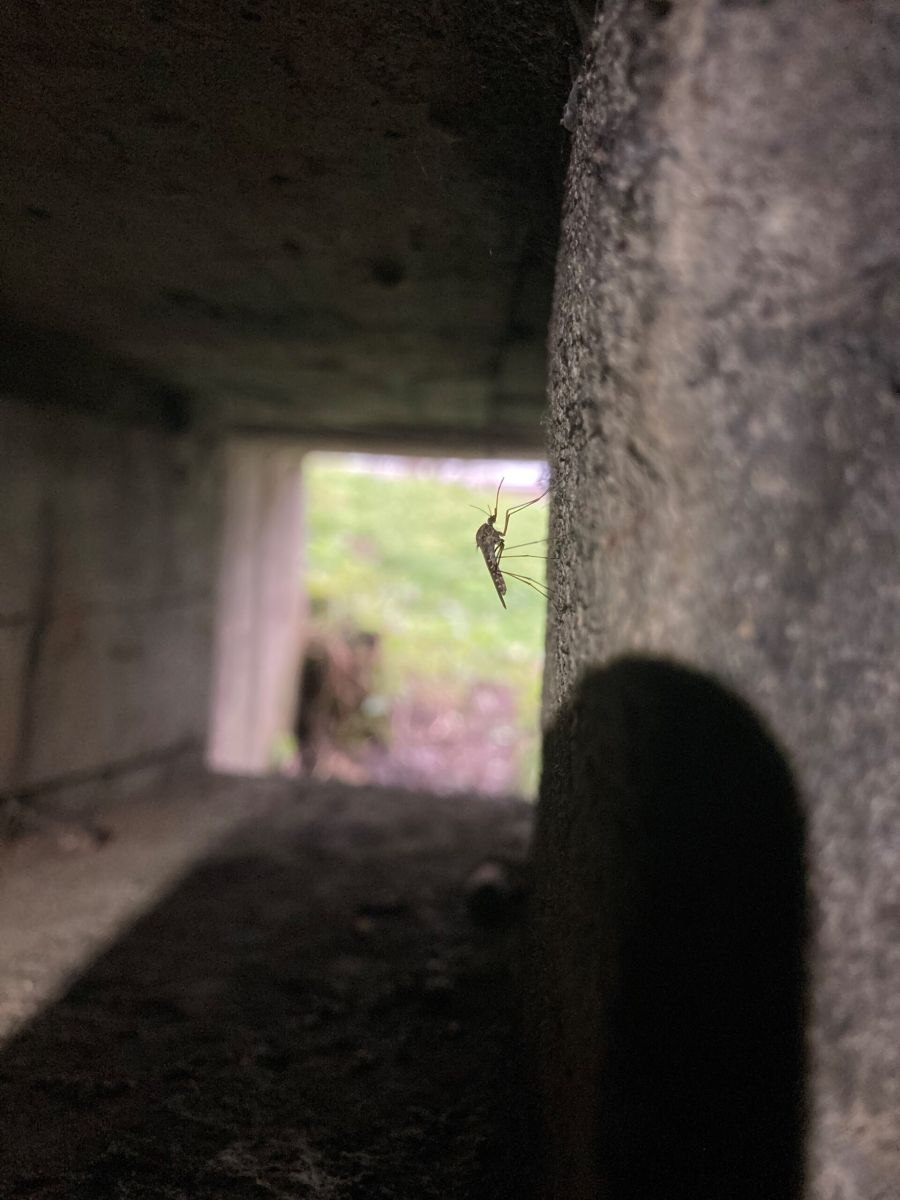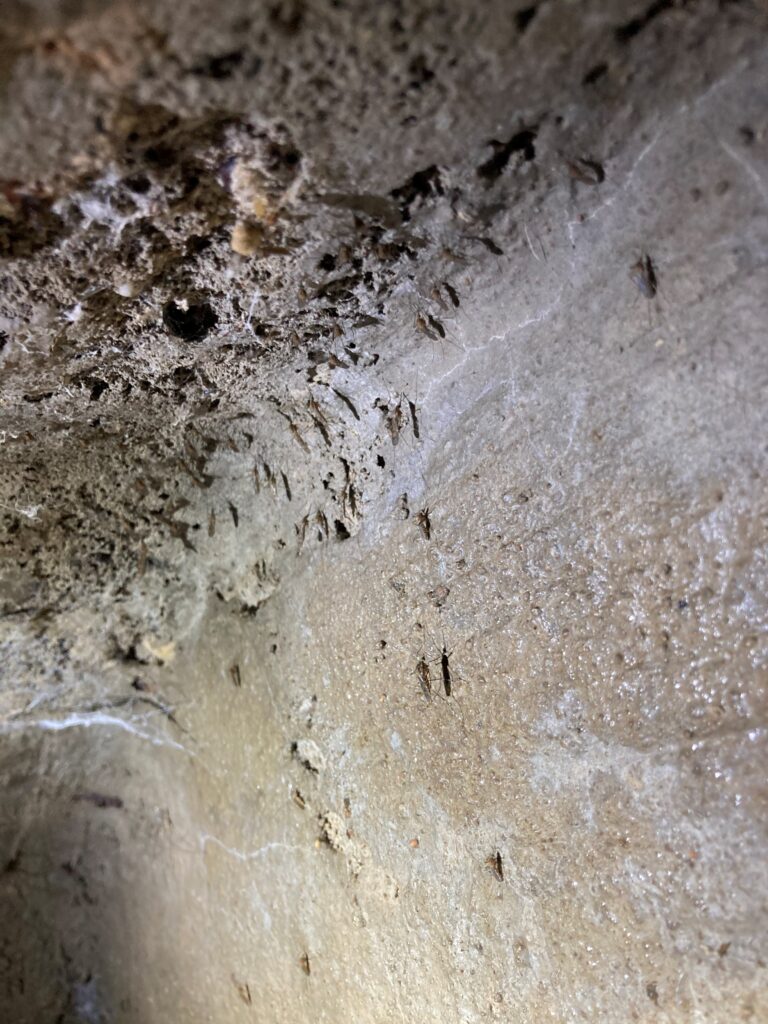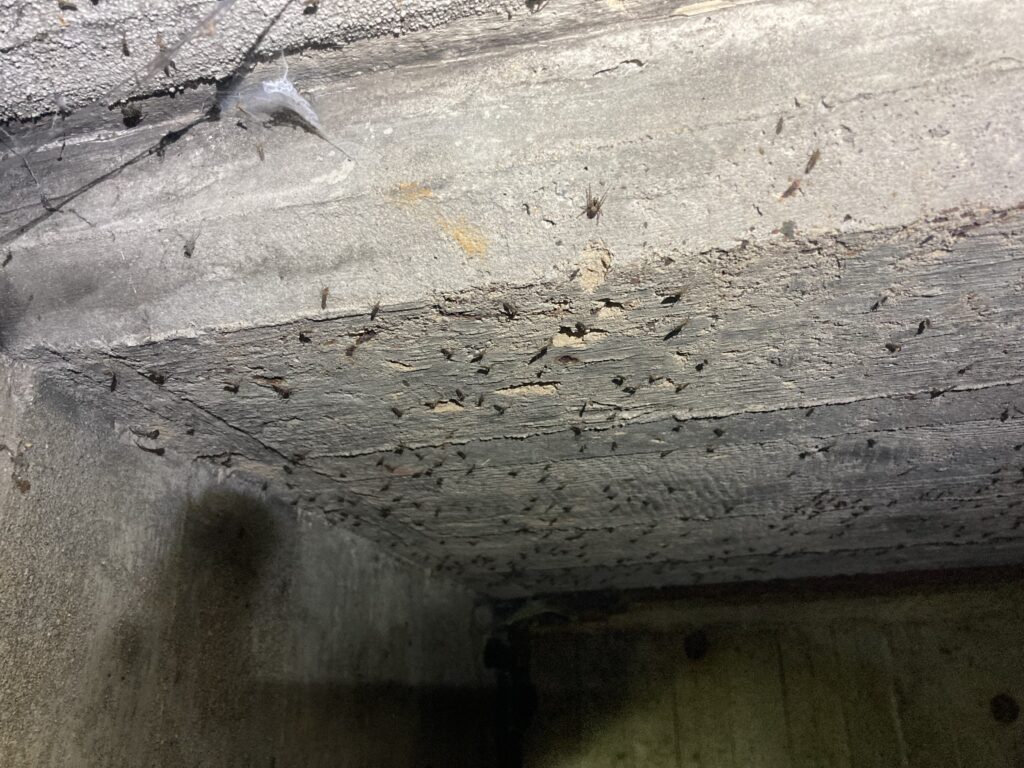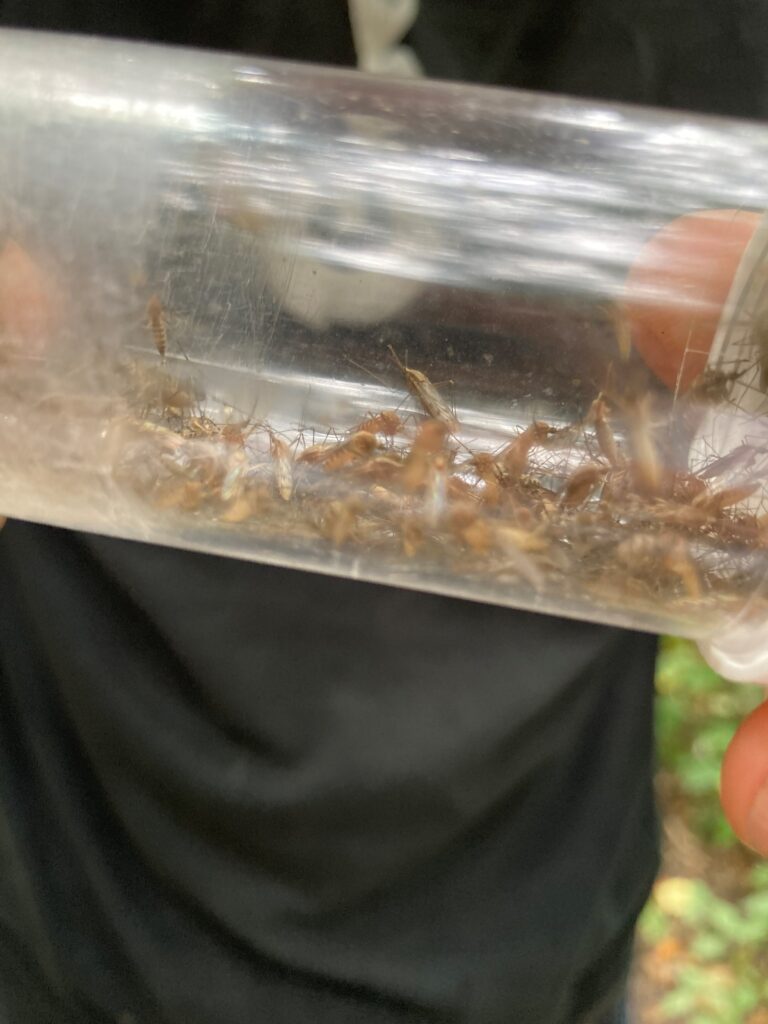Overwintering of Usutu virus in mosquitoes, The Netherlands

This publication is part of the project ‘Preparing for vector-borne virus outbreaks in a changing world: a One Health Approach’ (NWA.1160.1S.210) which is (partly) financed by the Dutch Research Council (NWO).
C. J. M. Koenraadt, E. Münger, M. J. J. Schrama, J. Spitzen, S. Altundag, R. S. Sikkema, B. B. Oude Munnink, M. P. G. Koopmans & R. Blom
Abstract
Analyses of mosquito-borne virus outbreaks have revealed the presence of similar virus strains over several years. However, it remains unclear how mosquito-borne viruses can persist over winter, when conditions are generally unfavorable for virus circulation. One potential route for virus persistence is via diapausing mosquitoes. We therefore studied whether Usutu virus (USUV), West Nile virus (WNV) and/or Sindbis virus (SINV) can be identified in diapausing mosquitoes in The Netherlands. Mosquito collections were carried out in November 2022 in hibernacula located in two areas with previously observed WNV and/or USUV activity. A total of 4857 mosquitoes, belonging to four species (groups) (Culex pipiens/torrentium, Culiseta annulata, Anopheles maculipennis s.l. and Culex territans), were collected. WNV-, USUV- and SINV-screening using a multiplex real-time RT-PCR assay was carried out on mono-specific mosquito pools. One Culex pipiens/torrentium pool tested positive for USUV RNA. Whole genome sequencing and subsequent phylogenetic analysis revealed that the virus belongs to USUV lineage Africa 3 and clusters with other USUV sequences derived from The Netherlands in 2022. This finding confirms our hypothesis of the potential of local overwintering of USUV in diapausing mosquitoes in The Netherlands.



Read the whole publication here.